A clown normally symbolizes fun, laughter, and entertainment. However, there are times when a clown can take on a more serious meaning.
Clowns have been used in art and literature to symbolize everything from the circus to the absurd.
Clowns have been around for centuries, entertaining people of all ages. In some cultures, clowns are even thought to have magical powers. The ancient Greeks and Romans both had clown-like characters in their theater.
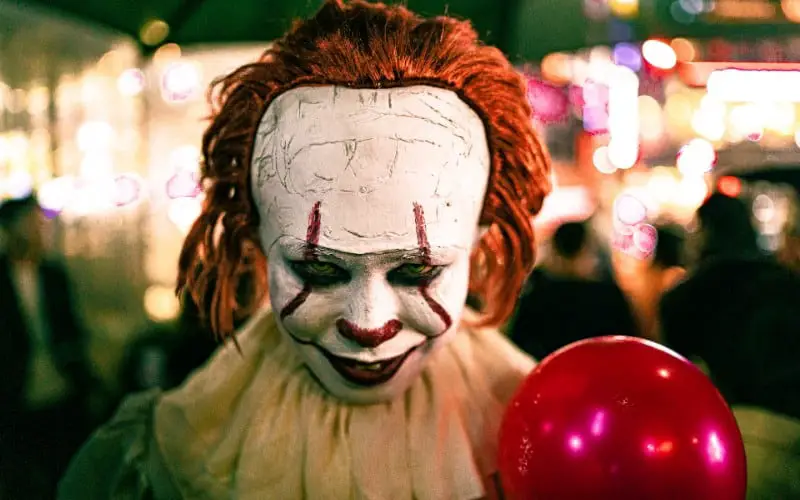
Quick Overview: Clown Symbolism
- Humor
- Playfulness
- Talent
- Mischief
- Juggling
- Balloons
- Foolishness
- Silliness
- Laughter
9 Clown Symbolisms
1. Humor
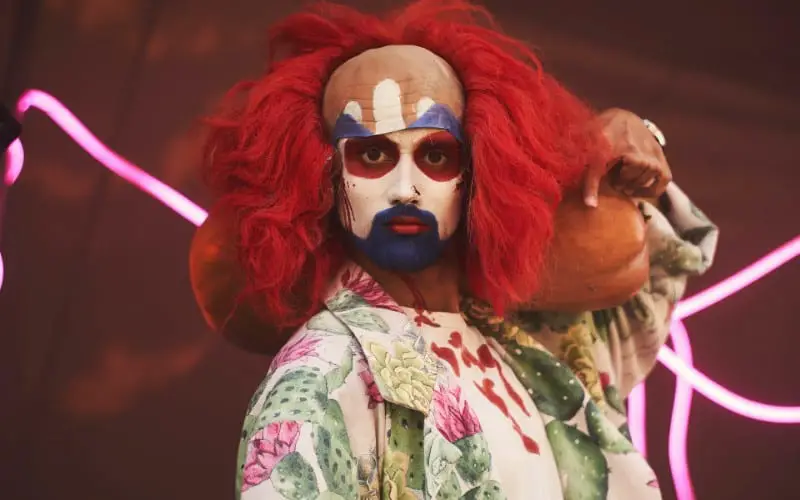
This mix of humor and chaos is what makes clowns such effective symbols of humor.
After all, humor often arises from the unexpected or the incongruous. A clown’s wild appearance and behavior can jar us out of our normal routines and expectations, giving us a much-needed jolt of laughter.
Read More: Bronze Symbolism
In a world that can often feel Grey and mundane, clowns remind us that there is always space for a little bit of fun.
2. Playfulness
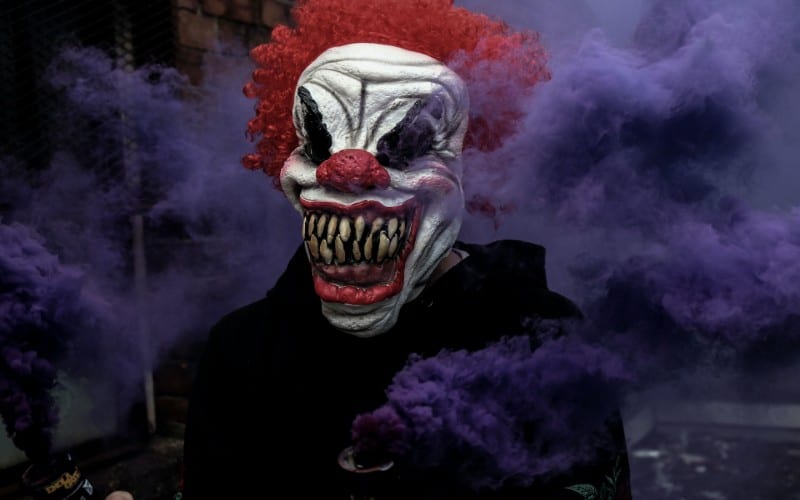
Over the years, clowns have become synonymous with playfulness and fun.
Part of the reason for this is that clowns often use props and physical comedy to get laughs. They also tend to wear brightly colored clothes and have exaggerated facial features, which can make them appear childlike and innocent.
In many ways, a clown is the perfect symbol of playfulness. After all, they are all about making people laugh and enjoy themselves.
So next time you see a clown, remember that they are more than just a funny person in makeup. They are also a reminder to have some fun and enjoy life.
3. Talent
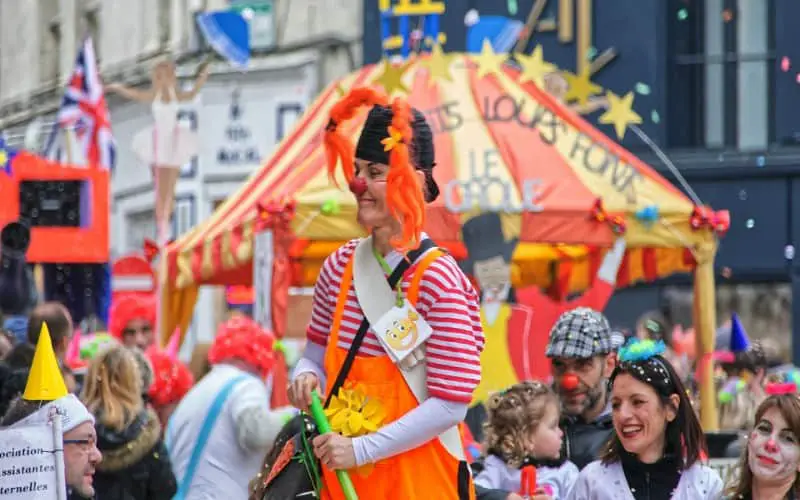
A clown is often associated with talent because the profession requires a variety of skills.
Clowns must be able to entertain an audience with physical comedy, juggling props, and telling jokes. They also need to have the stamina to perform for long periods of time and the flexibility to improvise when things don’t go according to plan.
In addition, clowns need to be able to apply makeup and create costumes that will make them stand out from the crowd.
All of these talents come together to create the fun and laughter that we associate with clowns.
4. Mischief
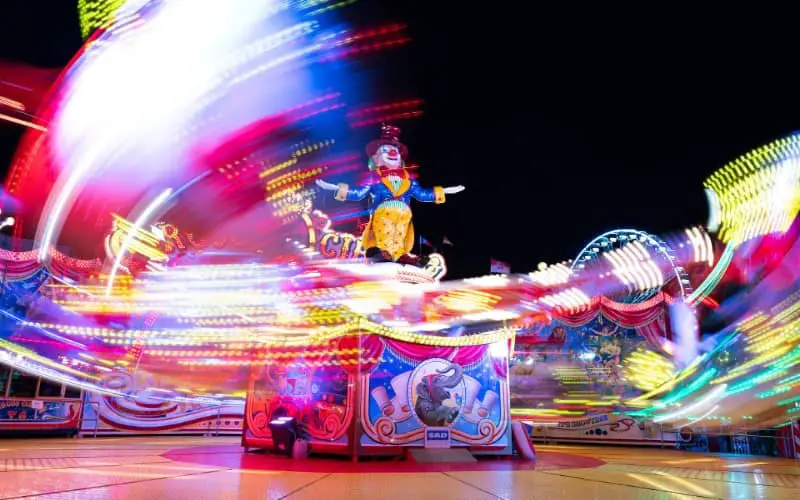
A clown is often used as a symbol of mischief or silliness because of its comical appearance.
Clowns are typically depicted as wearing brightly colored clothes, make-up, and wigs. They often have large shoes, red noses, and exaggerated facial features.
This over-the-top appearance can make clowns seem like they are always joking around and up to no good. In many cases, this is precisely why a clown is used to represent mischievousness or foolishness.
Their humorous appearance makes it easy to forget that they might be hiding a more devious agenda. As a result, a clown can be an effective way to communicate that someone or something is not to be trusted.
5. Juggling
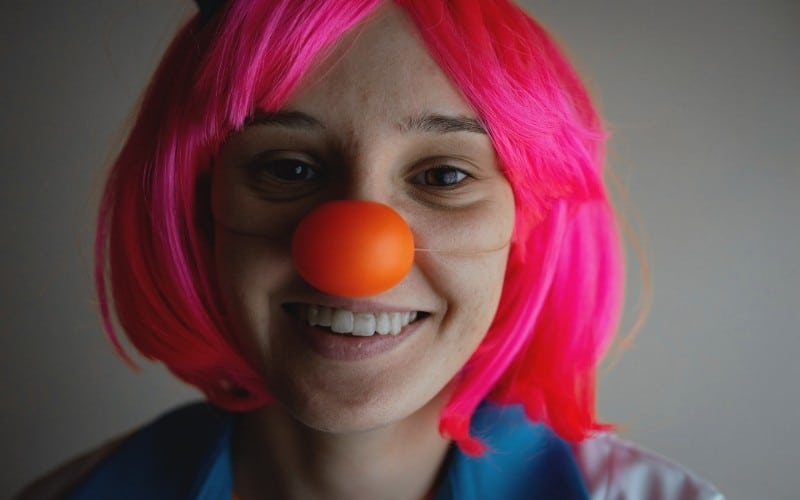
Clowns are associated with juggling for a number of reasons.
First, clowns are often depicted as juggling balls or other objects. This imagery reinforces the notion that clowns are skilled in the art of juggling. Additionally, clowns typically dress in brightly colored clothing, which makes them more visually appealing to audiences.
Finally, clowns often perform comedic routines that involve physical humor, such as slipping on banana peels.
This type of humor is often associated with circus clowns, which furthers the connection between clowns and juggling. In conclusion, the association between clowns and juggling is largely due to cultural factors.
6. Balloons
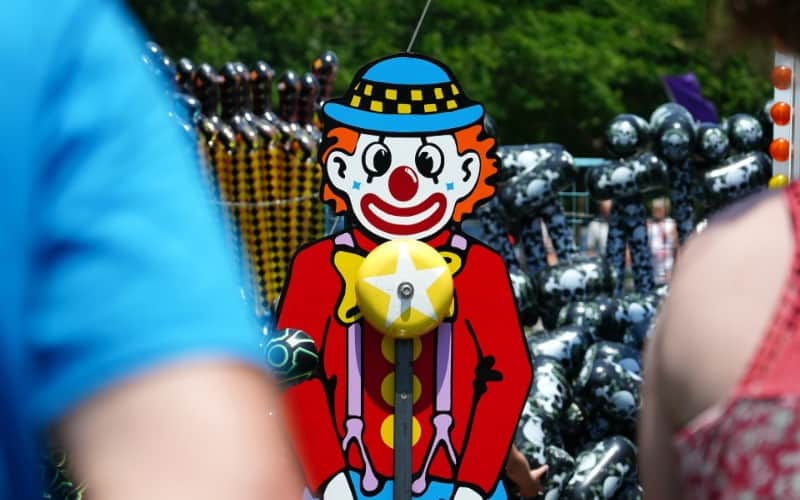
In many cultures, clowns are also seen as lucky symbols, believed to bring good fortune and prosperity.
This may be one reason why the image of a clown is often used to represent balloons. Balloons are often used in celebrations and festivals, and their round shape and bright colors make them visually similar to clowns.
In addition, both balloons and clowns are associated with happiness and joy. As a result, the image of a clown is an apt symbol for balloons, representing the lighthearted spirit of these festive objects.
7. Foolishness
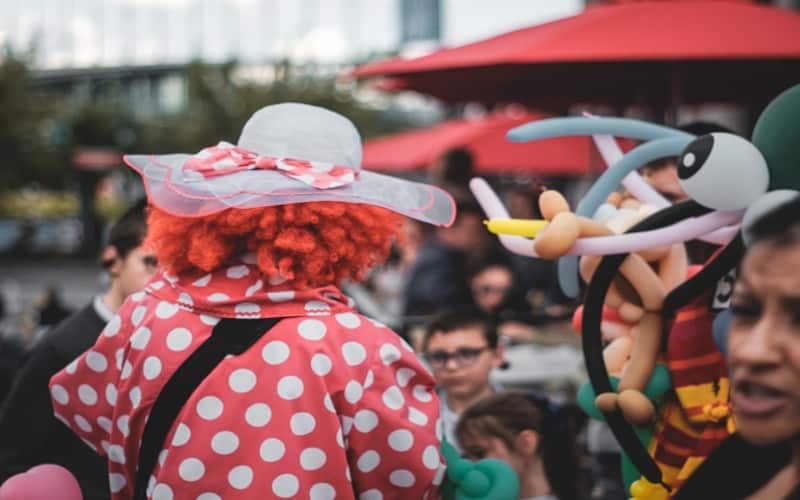
A clown is generally thought to be a fool because of their comedic acts which often make fun of themselves or other people.
Another reason why a clown may represent foolishness is that they tend to dress in brightly colored and oversized clothes which can make them look childlike or naïve.
Additionally, clowns typically have painted-on smiles which can come across as insincere or fake. Finally, many people are afraid of clowns because they find them creepy or strange, which can also contribute to the idea that clowns are foolish.
In conclusion, there are many reasons why a clown may be seen as a fool, including their comedic acts, childlike appearance, and creepiness.
8. Silliness
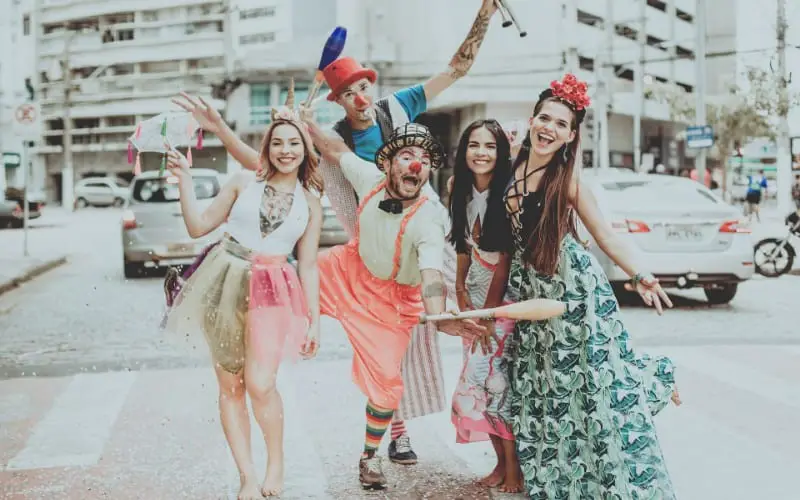
One reason why a clown may symbolize silliness is that they often act in a foolish or silly manner.
This can be seen in their behavior, their choice of clothing, and the way they apply their makeup. Another reason why a clown may symbolize silliness is that they are often used to entertain children.
Children are often entertained by things that are silly or irrational, and a clown fits this bill perfectly.
Whether it’s their silly antics or their entertaining behavior, clowns are sure to bring a smile to any child’s face. So, next time you see a clown, remember that they represent all that is fun and silly in the world.
9. Laughter
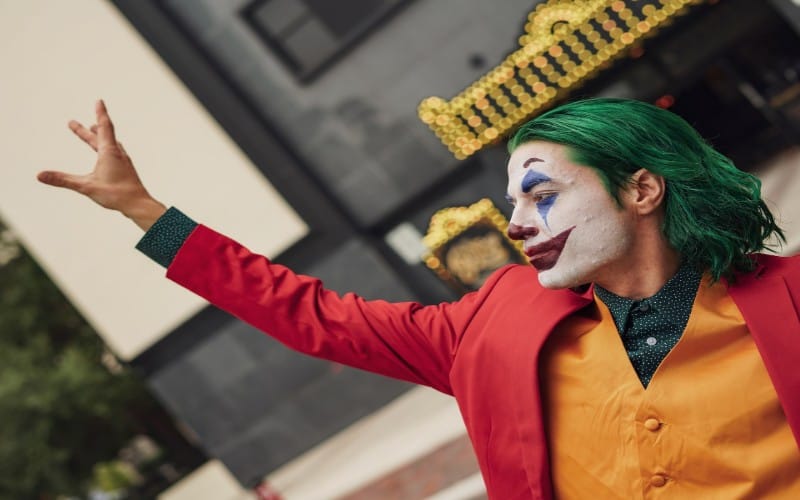
A clown is an iconic figure that is often associated with laughter and happy times.
For many people, a clown is synonymous with childhood and innocence. There are few things more joyful than seeing a clown perform their funny antics. Clowns have been around for centuries, entertaining people of all ages.
What makes them so special is their ability to make people laugh, even in the most difficult of times. In a world that can be full of sadness and hardship, clowns remind us that there is always a reason to smile and laugh.
They are a symbol of hope and happiness and remind us that laughter is the best medicine. Whether they are performing in a circus or simply walking down the street, clowns always bring a smile to our faces.
Spiritual Meaning of Clown
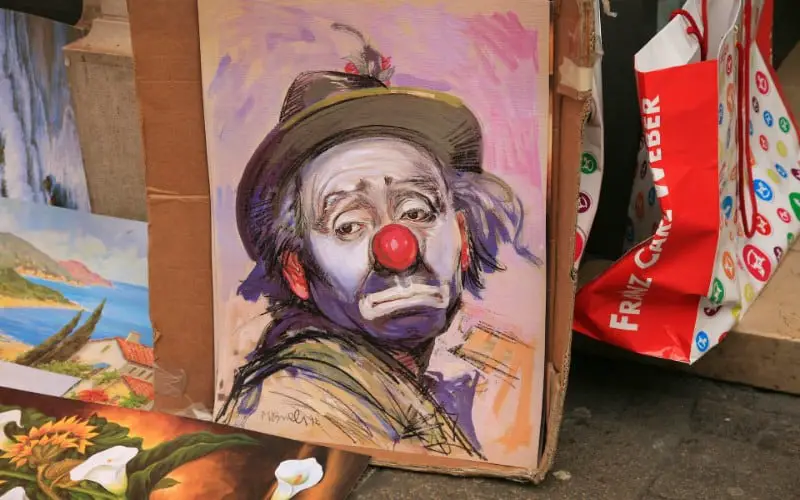
For most people, the sight of a clown is met with laughter and amusement.
But there is also a long history of clowns being associated with the spiritual world. In many cultures, clowns are seen as intermediary figures between the natural and supernatural worlds.
They are often thought to possess the power to heal the sick and drive away evil spirits. As such, they have been revered by many cultures as holy figures. In some cases, clowns have even been thought to embody the spirits of the dead.
For example, in Mexico, the Day of the Dead festival features Clowns who wear brightly colored costumes and paint their faces to resemble skulls. These clowns are thought to guide the souls of the dead back to their homes.
Clown Dream Meaning and Symbolism
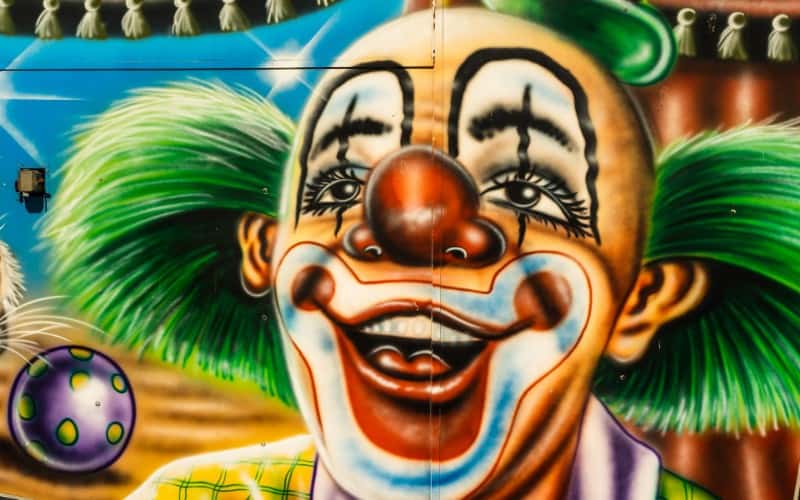
Dreams about clowns can be interpreted in a number of ways. Often, they are symbolic of childhood fears or repressed emotions. Clowns may also represent aspects of your personality that you find to be troubling or unsettling.
Alternatively, a clown dream could simply be a reflection of your current mood or feeling overwhelmed by stress or anxiety. If you dream that you are a clown, it might suggest that you are putting on a happy face for others even though you feel differently on the inside.
This could be due to pressure to uphold a certain image or meet others’ expectations. Alternatively, being a clown in your dream could signify your desire to make people laugh or be the center of attention.
Conclusion
There are many reasons why clowns may be seen as foolish, including their comedic acts, childlike appearance, and creepiness. However, clowns also represent all that is fun and silly in the world. They are often associated with laughter and happy times and remind us that even in the most difficult of times there is always a reason to smile and laugh.
